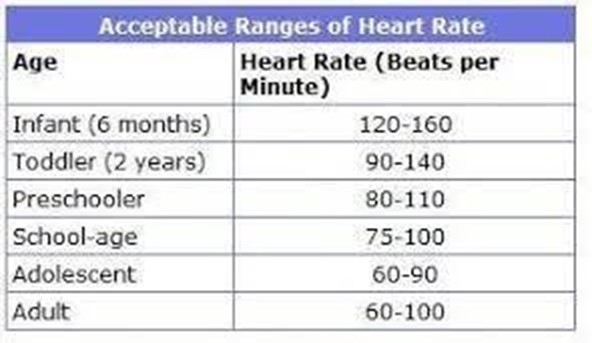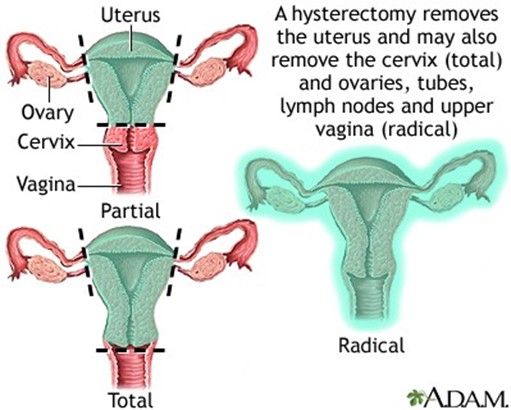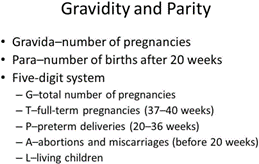Which newborn assessment finding of 24-hour-old infant should the practical nurse (PN) report to the charge nurse immediately?
Weight loss of 4 ounces since birth.
Respiratory rate of 55 breaths/minute.
Axillary temperature of 97.6° F (36.4° C).
Heart rate of 100 beats/minute.
The Correct Answer is D
The newborn assessment finding that the practical nurse (PN) should report to the charge nurse immediately for a 24-hour-old infant is a heart rate of 100 beats/minute. The normal heart rate for a newborn is between 120-160 beats/minute. A heart rate of 100 beats/minute is below the normal range and may indicate a problem such as hypothermia or an infection. The PN should report this finding to the charge nurse immediately so that appropriate action can be taken to address the issue. The other assessment findings listed may also be important to monitor, but a heart rate of 100 beats/minute is the most urgent and requires immediate attention.

Nursing Test Bank
Naxlex Comprehensive Predictor Exams
Related Questions
Correct Answer is D
Explanation
To help increase an older adult's magnesium level following a hysterectomy, the practical nurse (PN) should suggest that the client increase her intake of protein in fish. Fish is a good source of magnesium, which is an essential mineral that plays a role in many bodily functions. Increasing the intake of magnesium-rich foods such as fish can help raise the client's magnesium level and improve her overall health. The other foods listed may also provide some nutritional benefits, but fish is the best choice for increasing magnesium intake in this situation.

Correct Answer is D
Explanation
The practical nurse (PN) should first massage the fundus and expel retained lochia and clots to help the uterus contract and prevent postpartum hemorrhage.
Taking the vital signs and opening the IV infusion rate of oxytocin (A) may be necessary but not as urgent as massaging the fundus.
Notifying the registered nurse (RN) that the client's bladder is distended (B) is not relevant to addressing the client's boggy and displaced fundus.
Putting the infant to breast to suckle and stimulate oxytocin secretion (C) is a valid intervention, but it is not the first priority when the client's fundus becomes boggy and displaced above the umbilicus.


Whether you are a student looking to ace your exams or a practicing nurse seeking to enhance your expertise , our nursing education contents will empower you with the confidence and competence to make a difference in the lives of patients and become a respected leader in the healthcare field.
Visit Naxlex, invest in your future and unlock endless possibilities with our unparalleled nursing education contents today
Report Wrong Answer on the Current Question
Do you disagree with the answer? If yes, what is your expected answer? Explain.
Kindly be descriptive with the issue you are facing.
